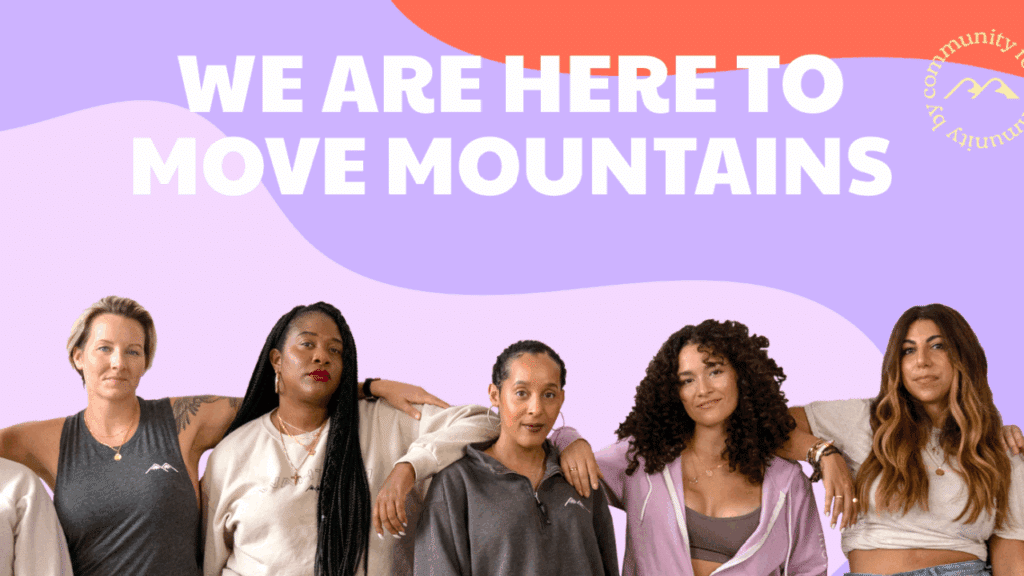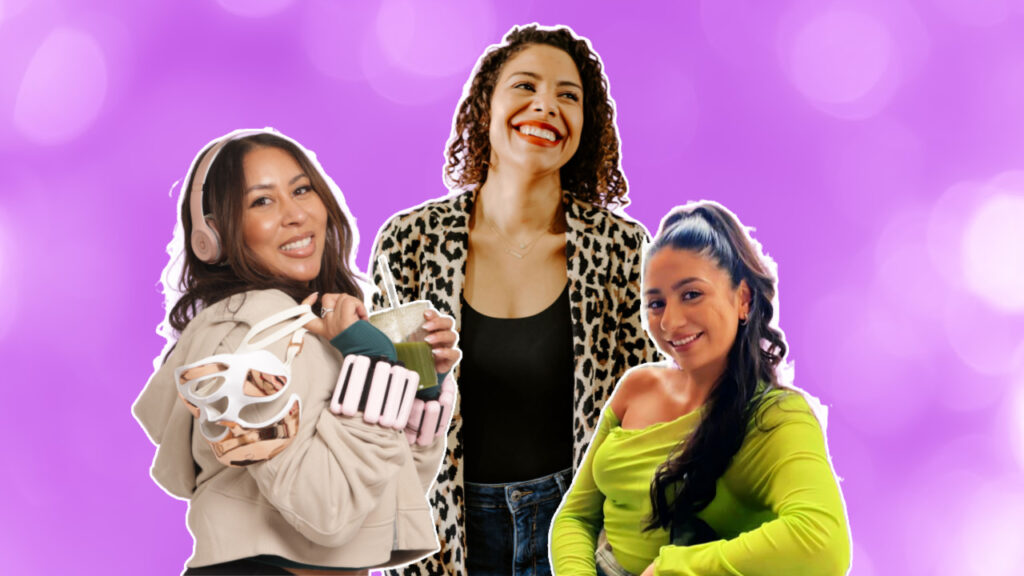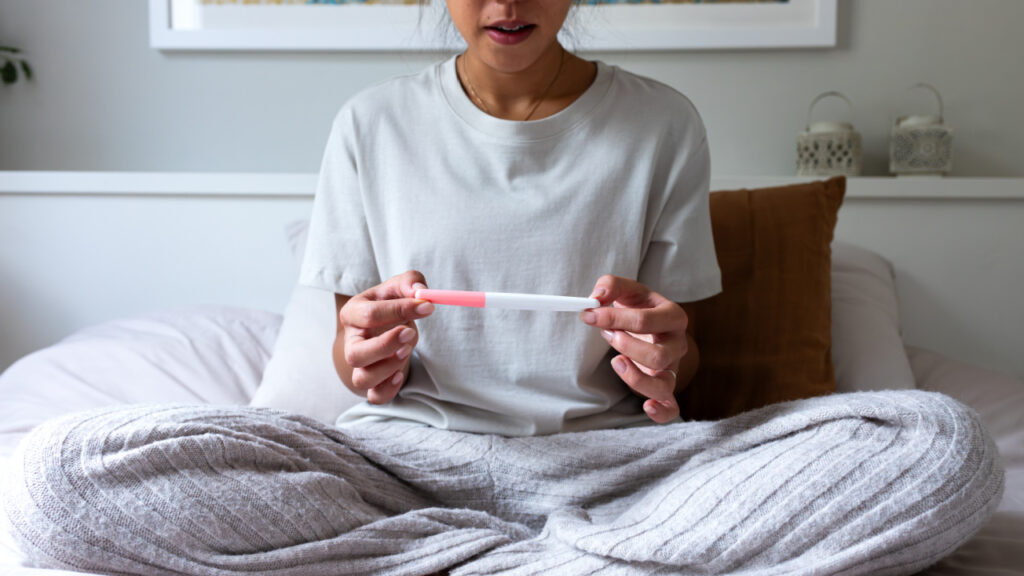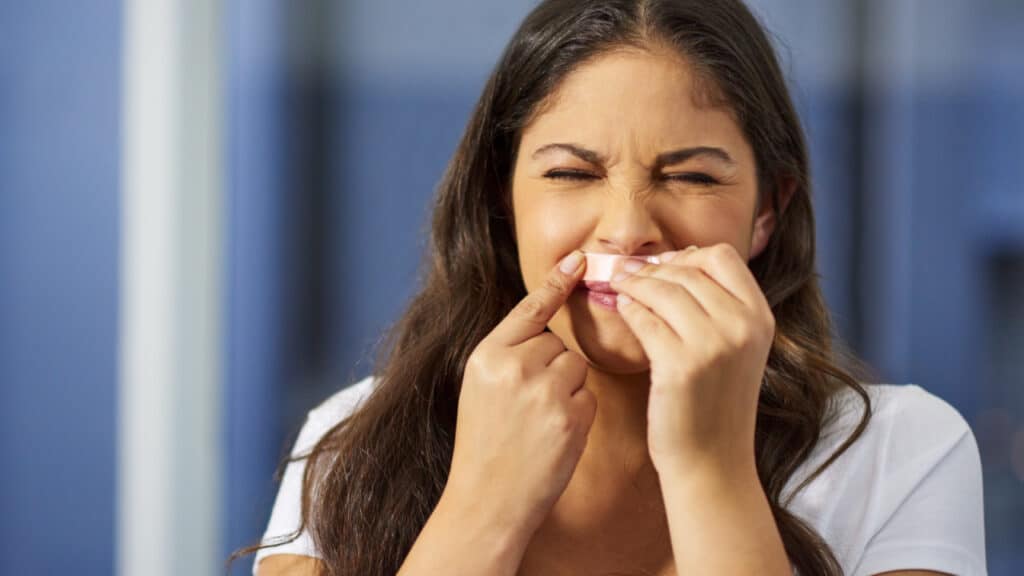
Inside The Breasties: How Four Women Turned Their Diagnoses Into a Lifeline for Thousands
According to the American Cancer Society, 1 in 8 women in the US will be diagnosed with invasive breast cancer in their lifetime. The demographic impacted by breast cancer, however, reaches far beyond. Building an all-inclusive space for this community inspired Allie Brumel, Trish Michelle, Paige More, and Bri Majsiak to found The Breasties. Since 2018, the non-profit organization has offered support to breast and gynecological cancer survivors, previvors, stage 4 thrivers, and caregivers.
Their mission? Counteracting the gaps in patient advocacy, research, resources, and representation.
The Breasties: community, advocacy, and education
Allie, Trish, Paige, and Bri met online as they navigated their journey with breast cancer. Allie received her diagnosis of triple-negative breast cancer at age 28. Paige had just gone through a preventative mastectomy at age 24. Trish was diagnosed with invasive ductal carcinoma, and Bri was figuring out her risk of breast cancer.
“Individually, we had each grown disappointed by the existing support spaces,” the organization writes on its website. “They weren’t welcoming, and they often divided us based on our diagnoses, ages, stages, and backgrounds.”
Today, The Breasties offers resources, information, and community-building to people impacted by breast and gynecologic cancer regardless of their age, diagnosis, or stage. Their annual summit, Camp Breastie, brings together 600 people for educational panels, breakout sessions, workshops, meetups, and personalized activities.
The Breasties’ advocacy efforts span resource hubs, community connection apps, and small community grants. They also work with partners such as Bobbie for Change to address policy gaps.
“In addition to Camp Breastie, we host free weekly virtual meetups led by trauma-informed and socially justice-trained community leaders,” co-founder Bri Majsiak tells FIERCE. “Topics range from sex and intimacy to newly navigating a diagnosis or high-risk decision.”
Turning personal experience into a catalyst for change
Bri, a Latina journalist who underwent a preventative mastectomy at 26, oversees The Breasties-powered hub, The Peak. This digital space spotlights personal stories, shares medical research advances, and offers relevant medical and lifestyle information for The Breasties community.
“I’m passionate about working towards dismantling the barriers that community members of color face in accessing trusted information, resources, and support,” shares Bri. “When my mom was diagnosed, she didn’t have access to proper medical care, information, or community — and I want to change that for others.”
Bri’s mother, a Honduran woman from Roatán, passed from breast cancer when Bri was only 5 years old. As she explains, her doctor dismissed her mother’s concerns and denied her imaging requests. By the time she received a diagnosis, her cancer was too advanced for treatment.
“Growing up without her, I was well-aware of my increased breast cancer risk and the fact that my mom wasn’t supported in a medical setting as a Latina woman,” Bri tells FIERCE. Her family history influenced Bri to start screenings at age 17. After inconclusive genetic testing and the appearance of suspicious masses, Bri decided she didn’t want to “wait around and see.” She had a preventive mastectomy in June 2020.
The Breasties’ best prevention tips
Bri and her mother are not isolated cases within the community. In fact, breast cancer is the most common cancer diagnosis among Latinas. A study published in June 2025 revealed that Latina breast cancer patients are 2.47 times more likely to experience treatment delays of over three months than white patients.
The Breasties highlights the importance of knowing your body and recognizing your “normal,” as a preventive measure. “It can look different for everyone,” says Bri. However, recognizing your body’s “normal” state can help you detect any changes that require a visit to the doctor.
“We recommend checking in with your body the same time each month,” Bri adds. “Examine it in front of a mirror, practice a breast self-exam. Be aware of gynecologic cancer symptoms, and talk about (and understand) your family history.”
If you need more information, The Breasties have elaborated a medically reviewed guide to Knowing Your Normal. The guide is also translated into Spanish.
How to help and get involved in the cause?
The community efforts of organizations like The Breasties nurture spaces where people across demographics can access educational, reliable, and expert-driven information in a setting where they feel seen and represented. For Bri, building that type of community has been one of the most rewarding aspects of her work with the non-profit.
Though challenges like lack of support and resources persist, The Breasties are making strides with research grants and initiatives. One of them is Reclaim October, a movement that challenges the conventional approach to Breast Cancer Awareness Month. Instead of funding pinkwashing, the initiative encourages people to support grassroots organizations. This year, for example, Reclaim October teamed up with Magee-Women’s Research Institute to raise funds for research on ER fusions.
As for their hopes for the future, Bri says The Breasties’ goal is to eventually host multiple Camp Breasties so all interested people can attend. “This past year, registration filled in under 24 hours, with hundreds on the waitlist, showing just how needed these spaces are.”
How can the community help The Bresties? “We’re always looking for support to help sustain and grow our programs — whether that’s through donations, partnerships, volunteering, or simply spreading the word about The Breasties,” says Bri. “Every contribution helps us move closer to our vision of making community and support accessible to all.”




